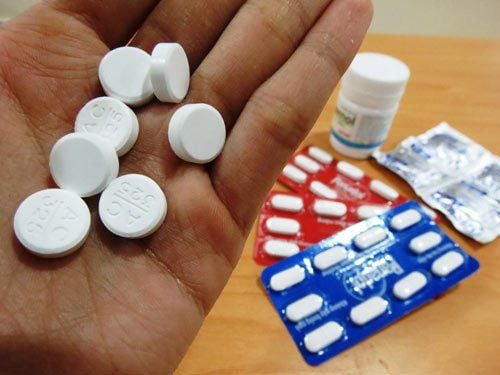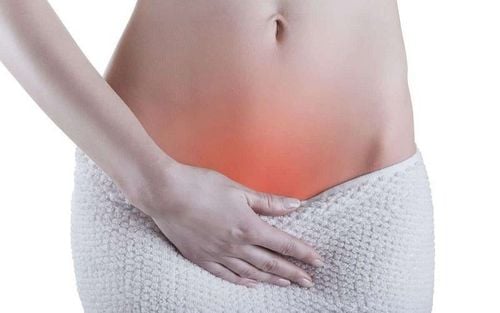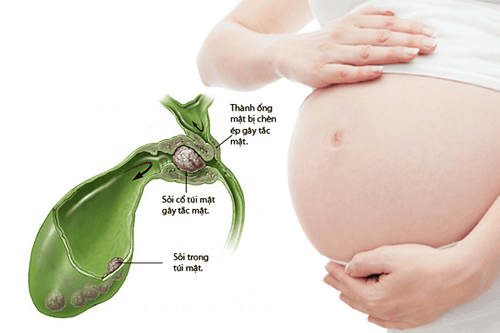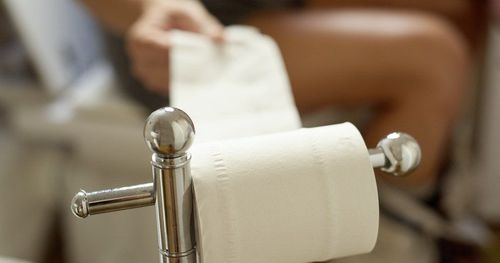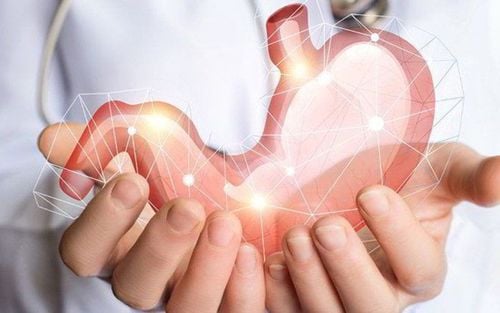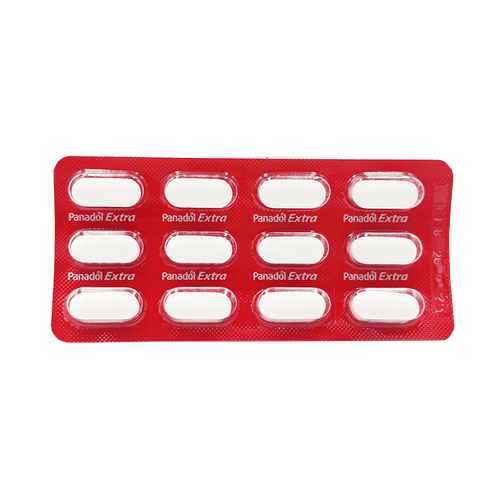Bowel resection is a procedure performed to remove a diseased or obstructed portion of the large intestine. After surgery, not all patients are fully aware of what they can and cannot eat. Certain foods, if consumed, may irritate the patient’s intestines or exacerbate post-surgical complications. Below is a guide on foods to avoid and dietary recommendations for patients following bowel resection surgery.
1. Avoid Chewy or Crunchy Foods
Initially, patients are limited to consuming only liquids after bowel resection. After a few days, they may gradually start eating soft foods. Physicians often recommend starting with easily digestible foods such as cooked vegetables, bananas, avocados, mashed potatoes, and soft proteins. The intestines may still be swollen post-surgery, so soft foods are easier to pass through the affected areas.
2. Limit Fiber Intake
What should be avoided after bowel resection surgery? Foods high in fiber, such as bread and whole-grain cereals, are difficult for the stomach to fully digest. These fibers travel to the large intestine for processing. Since the intestine is still in the healing process, overloading it can hinder recovery. Adopting a low-fiber diet for 4 to 6 weeks can benefit post-surgical recovery.
3. Pause Consumption of Raw Foods
Raw fruits and vegetables are high in fiber and may have a crunchy texture (like carrots) or be stringy (like celery), making them hard to chew and digest thoroughly. Fruits with skins (such as apples) or seeds can also be challenging to digest. These types of foods can irritate the recovering intestine. It is recommended to avoid raw foods during the recovery phase and reintroduce them gradually once the patient has healed.
4. Avoid Fatty and Greasy Foods
Post-surgery, patients often experience diarrhea due to the shortened large intestine, which gives digested food less time to form solid stools. Certain foods can exacerbate diarrhea, including:
- Fatty meats
- Butter and cream
- Fried foods
- Rich, oily snacks
Diarrhea usually subsides within a few weeks, after which patients can slowly reintroduce these foods.

5. Opt for Bland Foods
Spicy foods can irritate the digestive system, causing discomfort such as diarrhea, bloating, or cramping - particularly while the intestines are healing. Physicians often recommend a bland diet for several weeks post-surgery. This includes avoiding not just spicy foods but also coarse herbs and seasonings like finely ground rosemary or crushed pepper, which can pose digestive challenges.
6. Be Cautious with Beans and Dairy
Beans contain sugars that are difficult for the body to digest, potentially causing bloating and gas. Similarly, patients may develop sensitivity to lactose, a sugar found in dairy products. While gas is a normal part of digestion, it can cause discomfort or even pain during the healing phase. Limiting beans and dairy products can help alleviate these symptoms.
7. Steer Clear of Coffee and Soda
Caffeine, found in coffee and many sodas, is a stimulant that speeds up bodily functions, including digestion. Sugary or artificially sweetened beverages can also induce diarrhea in patients recovering from bowel resection surgery. Additionally, carbonated sodas may cause bloating and discomfort. Although staying hydrated is essential, it is crucial to make smart beverage choices post-surgery.
8. Avoid Alcohol
Alcohol can irritate the intestines, leading to increased bowel movements. It is best to avoid alcohol until digestion normalizes. Furthermore, most physicians advise against consuming alcohol after any surgery, as it may interfere with pain medications and delay the healing process.
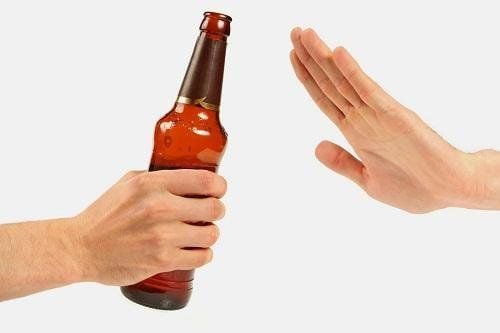
9. Say Goodbye to Large Meals
When transitioning back to solid foods, patients may feel full more quickly than before surgery. To avoid discomfort, it is better to eat several small meals throughout the day rather than three large ones. This approach makes digestion easier and reduces bloating or gas. Chew food thoroughly until it resembles mashed potatoes before swallowing.
10. Gradually Return to a Normal Diet
As digestion improves, patients can start reintroducing regular foods. Add one new type of food each day to monitor how the body reacts. This gradual process also allows the intestines to adjust to digesting higher-fiber foods, such as fruits, vegetables, and whole grains. It is essential for patients to stay hydrated during this phase to prevent constipation.
For more health, nutrition, and wellness information to protect yourself and your loved ones, visit the Vinmec International General Hospital website.
To arrange an appointment, please call HOTLINE or make your reservation directly HERE. You may also download the MyVinmec app to schedule appointments faster and manage your reservations more conveniently.
Reference source: webmd.com




